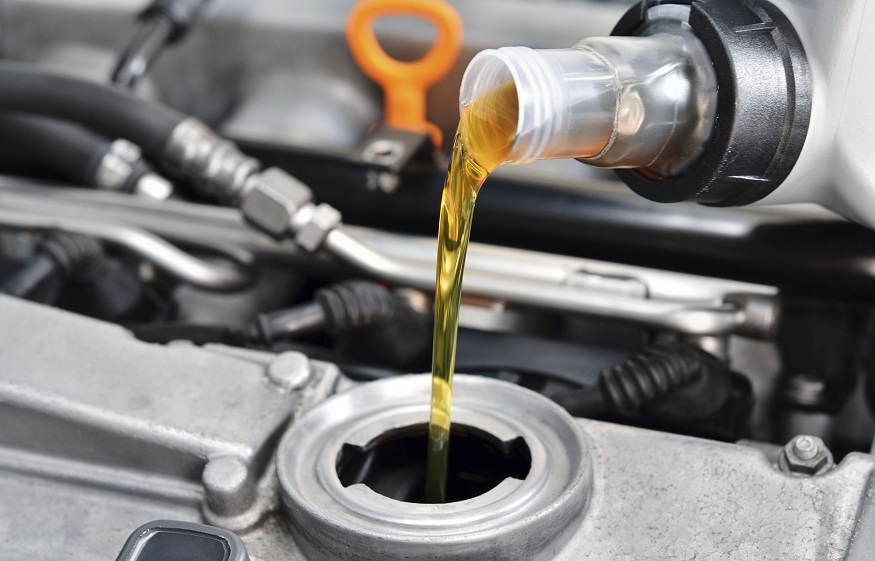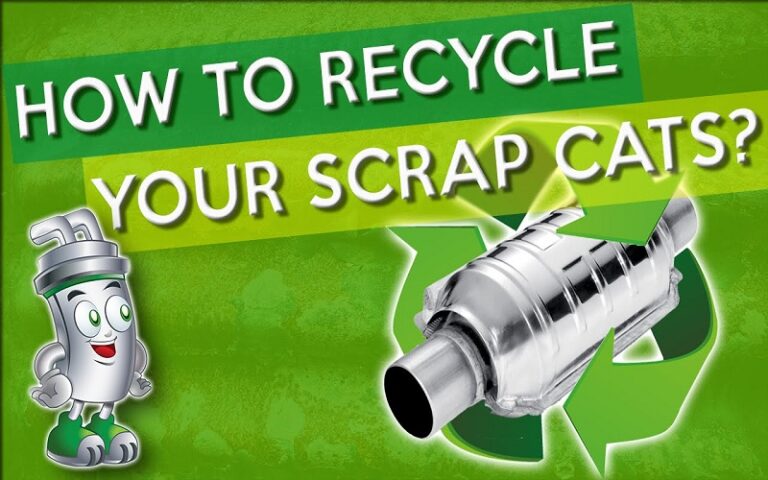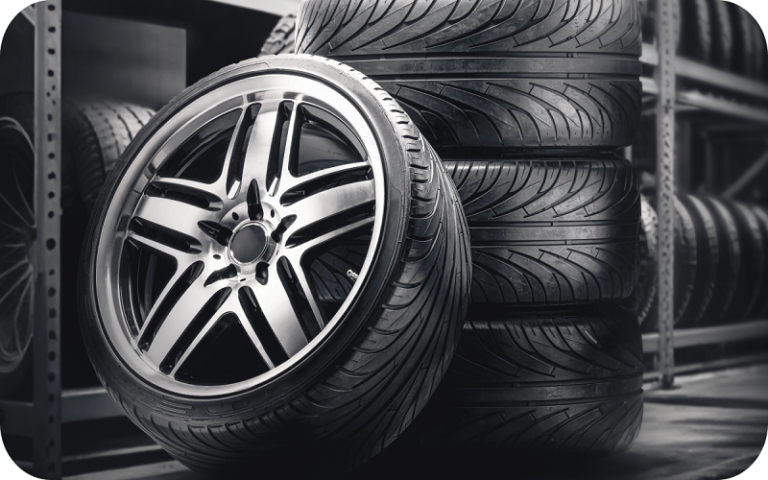Regular oil changes are necessary to keep a car’s engine running smoothly.
Regular oil changes keep the engine clean
When oil enters the engine, dirt and other particles begin to accumulate there. If you don’t change your oil at the proper intervals, sludge will start to build up in your engine.
Oil change protects other engine parts
What is the oil actually doing in my car? Inside your engine there are many key parts that make your engine run, such as the crankshaft and connecting rods. These rods control the pistons inside the cylinders of your engine. There is also another part called the camshaft which helps open and close the vehicle’s exhaust valves. Ensuring your vehicle’s engine has clean oil is essential to keep these components moving and working properly.
Better gas mileage
Gas mileage is affected by a number of factors, including environment, terrain, personal driving habits and vehicle maintenance.
Oil Changes Reduce Harmful Vehicle Emissions
Clean oil allows an engine to run with fewer harmful emissions than a dirty engine.
Regular oil changes are therefore essential. Old, dirty oil increases gas mileage, decreases engine power, and ultimately shortens the life of your engine. Read your vehicle’s owner’s manual and be sure to have your oil changed at the recommended intervals.
The service reminder light can come on for a multitude of reasons, but it means your engine isn’t running as well as it should. Often, this means there’s a lot more dirt and debris circulating in your engine, which could clog your oil filter faster. It’s best to rule out simpler (and cheaper) options before paying big bucks for diagnostics and repairs.
If you regularly drive in difficult conditions (stop-and-go traffic, towing heavy loads, extreme temperatures or weather, etc.), you’ll probably need to replace your oil filter more often. Severe conditions cause your engine to struggle more, which leads to more frequent maintenance of its components, including the oil filter.
Over time, contamination builds up on your oil filter. If you wait until your filter is completely clogged, there is a risk of clogging the oil passage thus blocking the flow of purified oil to your engine. The bypass valve allows oil (and unfortunately dirt too) to pass through the filter unfiltered. Although this means that your engine is lubricated, its wear is accelerated due to contamination.
What are your oil filter replacement intervals?
This normally means every 10,000 km for a petrol car, or every 15,000 km for a diesel. However, we recommend that you consult the manufacturer’s manual to confirm the specific maintenance interval for your vehicle.












+ There are no comments
Add yours